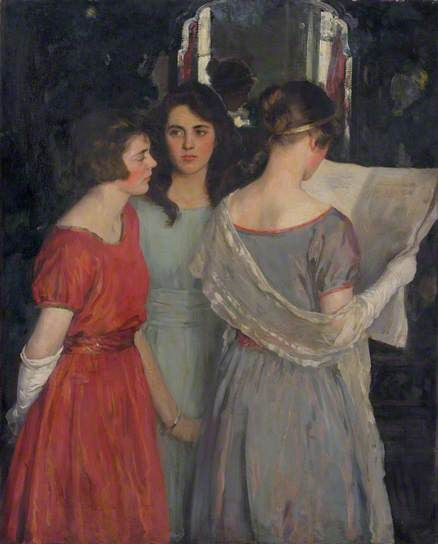Blast from the past: This blog was first posted on March 31, 2014; and was reposted on November 15, 2017. The reason for revisiting is that over the past couple of weeks these unproven claims against teaching reading to young children have emerged yet again--this time in a posting by Valerie Strauss for the Washington Post. As usual, the press likes a good educational controversy rather than helping a community figure out the best way to address educational problems. Teaching young children to read is not harmful despite the claims.
During both my childhood and the early years of my teaching career “reading readiness” dominated. The idea was that if you taught kids reading too early, you would do damage. My kindergarten teacher warned Mom not to try to teach me anything, and we were still stalling when I taught first grade.
Recently, a study at the University of Virginia found that we now live in a different world. Most kindergarten teachers believe that they should teach reading and that is pretty common in preschools, too. The headline in Education Week says it all: “Study Find Reading Lessons Edging Out Kindergarten Play.”
I’ve been a big cheerleader for early reading instruction, and why not? The research is overwhelming. Despite theories that teaching reading early would damage kids, there is no empirical evidence supporting those claims. As Head Start kids have ramped up their literacy knowledge over the past several years, their emotional health has improved along with it. Hundreds of studies now show benefits to teaching kids early.
However, that doesn’t mean that kids shouldn’t be playing or that the preschool and kindergarten environments shouldn’t be encouraging and supportive. Too often I see kindergarten reading instruction that doesn’t match well with the research findings.
I would strongly encourage the kinds of play/literacy lessons that Susan Neumann has long championed. Have restaurants, newspaper publishers, post offices, and libraries set up in these classrooms and engage children in literacy play.
Of course, phonological awareness and phonics should be taught explicitly, but the research is very clear that this should be small group work—engaging and interactive. (None of the studies that found decoding instruction to be effective for young kids presented the lessons to whole classes). Kids can respond in a variety of ways as well. If you are quizzing kids on whether they hear the same sounds at the beginnings of two words, they can jump or clap or rub their tummies to respond. Movement fits into such lessons really well, and various songs and language games can be used, too.
Encourage pretend reading and pretend writing and use techniques like language experience approach to introduce kids to text (and to encourage them to do their own writing). Label everything in classrooms, but involve kids in doing that.
My point is simply this: We should teach literacy in preschool and kindergarten. But play can be the basis of effective literacy lessons. Play more literacy in the early grades and avoid seeming like a fourth-grade class for young’uns. It is not an either or (despite the Ed Week headline); kids can play more and get more literacy instruction.







Comments
See what others have to say about this topic.